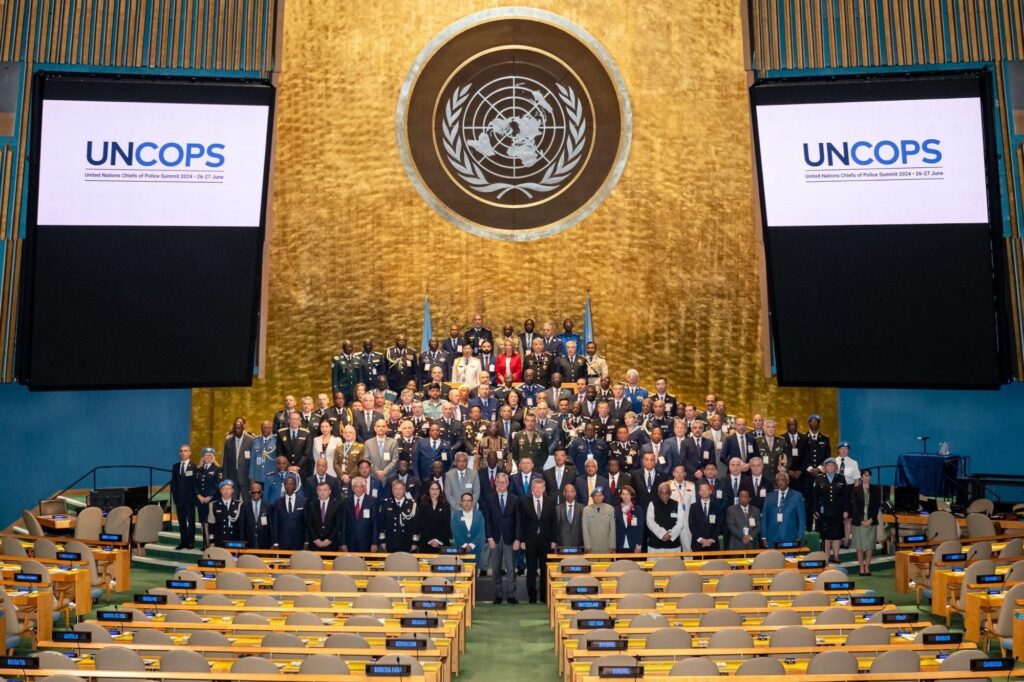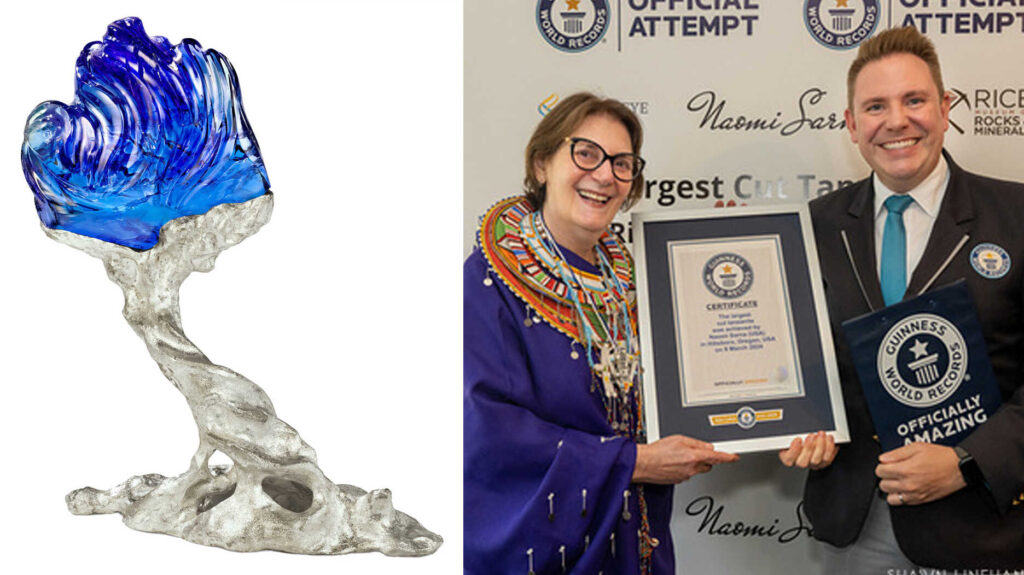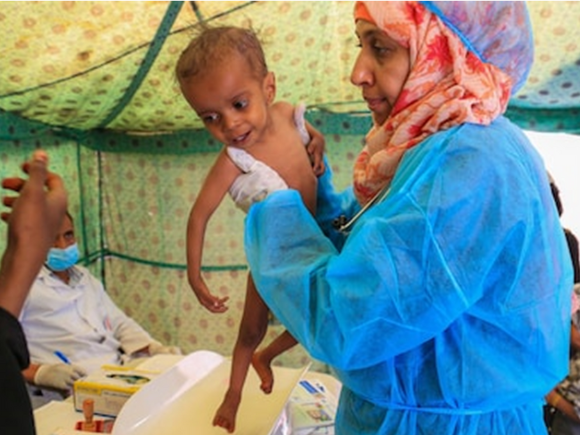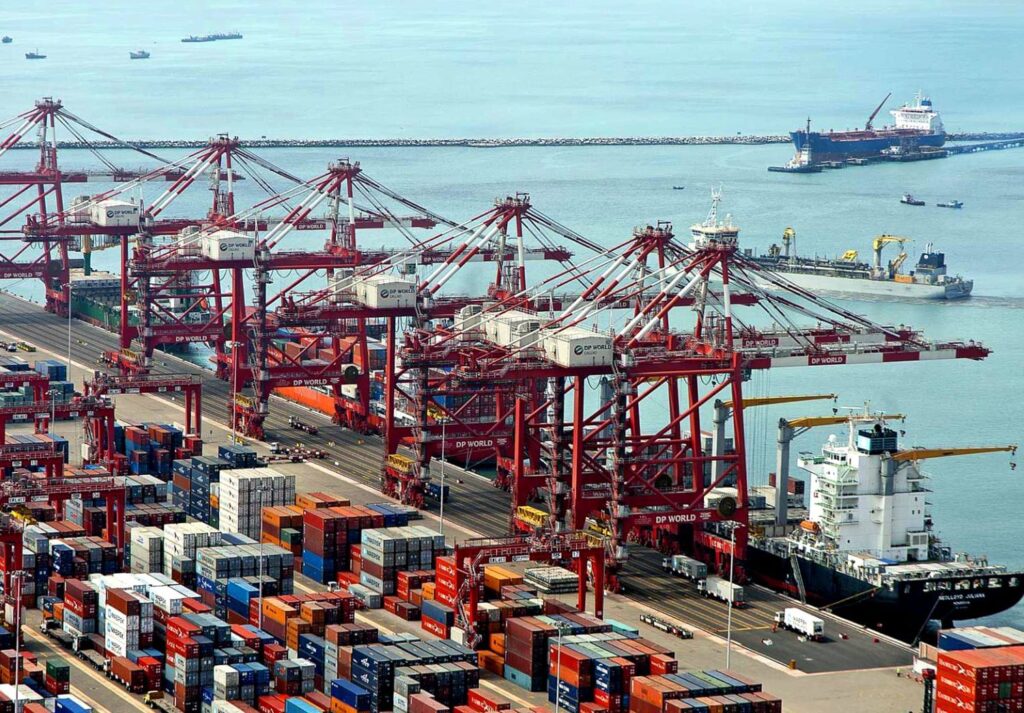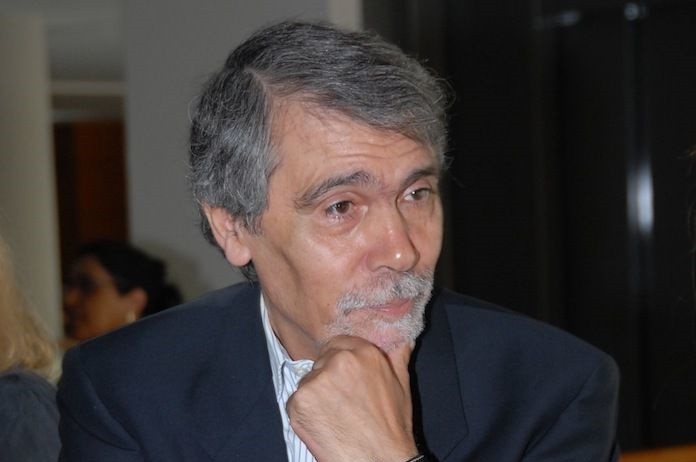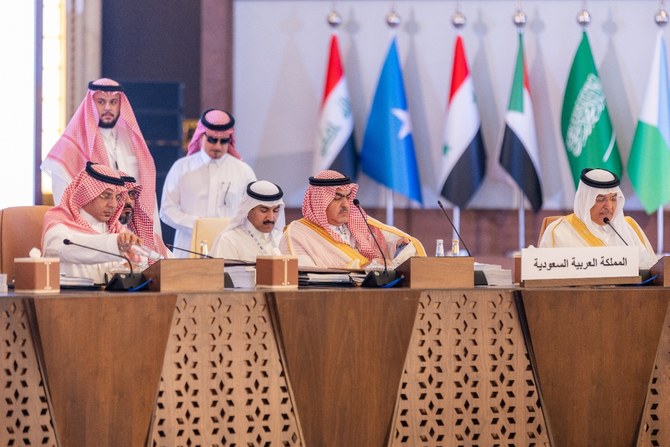Our research shows the impact Arab and Middle Eastern inventors have had on innovation in the U.S.
Although Donald Trump’s administration believes that “making America great again” involves limiting certain visitors and immigrants from entering the country, data shows that immigrants from the Middle East have consistently made innovative contributions to the United States. Examples range from GE inventor Hassan Kamel Al-Sabah, a Lebanese-born innovator in the 1920s and 30s to Farouk Al-Baz, the NASA and MIT scientist, originally from Egypt, who helped plan the Apollo landing, to Algerian-born Elias A. Zerhouni, director of the National Institutes of Health.
Immigrants from Muslim-majority countries have contributed to American ideals and icons. A Saudi and two Moroccans were part of the core team of scientists that recently discovered the seven planets around the star Trappist-1; Shahid Khan, a Pakistani-born entrepreneur, was on the cover of Forbes representing The American Dream in 2012; a Syrian immigrant is often credited with the invention of the ice cream cone, and famously, the child of another Syrian immigrant created the iPhone.
Despite these positive stories, there is little research on the extent of Arab inventors’ contributions to American innovation. So we set out to document it.
What’s in a name?
We started by matching Arabic first names with international patent applications filed under the Patent Cooperation Treaty (PCT) from people residing in the U.S. and around the world. This approach has been used before in the study of ethnic innovation in the U.S. as well as in the study of female inventors.
First names like Mohammad, Ali or Omar are not unique to Arabs and some Arabs may have non-Arabic names such as George or Anthony. We tried to mitigate this issue by excluding non-Arab variations of Arabic names that are common for non-Arab Muslims. Another shortcoming is that we are not able through names only to know whether someone is U.S.-born or foreign-born. This overlap between Muslim and Arab identity is not relevant because both are targeted in Trump’s immigration policy. For this piece, we’ll refer to both groups as Arab inventors.
We found that 8,786 U.S. PCT patent applications from 2009-2013 had at least one Arab or Muslim inventor. 3.4 percent of patent applications had at least one Arab or Muslim inventor from a population that represents only 0.3 percent of the total population of the U.S. As patents usually have multiple inventors and Arab inventors often co-patent with non-Arabs, 2961 patents or 1.2 percent can be contributed to only Arab inventors.
Where Arab inventors are found
In fact, the U.S. is the main home for Arab inventors globally, distantly followed by France (513 patent applications), Canada (361), Germany (342), Saudi Arabia (307), Japan (279) and the United Kingdom (273).
Not only is the U.S. the centre of Arab inventors, but since 2000, their share of patent applications has increased 137 percent. With 1134 in California alone, Arab or Muslim innovation is more than doubly represented in a single state than in France.
Arab inventors show some specialisation in the fields of information and communication technologies, as well as medical and veterinary sciences. They are statistically over-represented in electrical and communication technology, computing, calculating and counting.
America’s tech scenes in Silicon Valley, Boston and elsewhere show Arab inventors contributing significantly to America’s global innovation prowess. Tech entrepreneurs, such Amr Awadallah, co-founder of Cloudera, Rana El Kalioubi of Affectiva, and Mo Gawdat of Google, are a few examples of Arab inventors making major contributions.
Who comes to America
Looking at visa patterns, the bulk of Arab inventors settle in the U.S. through immigration channels such as family reunion and as refugees. This has an implication for the current immigration debate. In 2013, there were approximately 1.02 million immigrants from Arab countries residing in the U.S., representing 2.5 percent of the nation’s 41.3 million immigrants. About 43 percent of Arab immigrants (ages 25 and over) had a bachelor’s degree or higher, compared to 28 percent of all immigrants and 30 percent of native-born adults. Skilled Arab immigrants thus are arriving to the U.S. on non-skilled visas as people from MENA generally do not benefit from the H1-B visa, receiving collectively less than 10 percent of total visas granted to foreign-born skilled workers. While there were around 108,000 students from MENA in the U.S. in 2016, not many were PhD candidates at U.S. universities.
The recent visa ban of citizens from six countries from the Middle East and Africa has negative implications for the American innovation system. Not only do immigrants from these countries tend to be in possession of higher education levels than average population or other immigrant groups, research also points to positive impact on trade between sending and receiving countries. In fact, research suggests that highly skilled individuals in business development roles generate over ten times the value of trade than average migrants. Highly educated immigrants in general are also most conducive to trade flows. President Trump should examine the evidence about how “great” innovation in the U.S. can be, thanks to inventors from all over the world, before banning visitors from the Middle East and North Africa.
Sami Mahroum is a Senior Lecturer, and Academic and Executive Director of INSEAD’s Innovation and Policy Initiative, based at the school’s Abu Dhabi campus. He is author of Black Swan Start-ups: Understanding the Rise of Successful Technology Business in Unlikely Places and, with Yasser Al-Saleh, Economic Diversification Policies in Natural Resource Rich Economies.
Georg Zahradnik is a scientist at the Austrian Institute of Technology, Center for Innovation Systems and Policy.
Bernhard Dachs is a senior scientist at the Austrian Institute of Technology, Center for Innovation Systems and Policy.
A version of this article was published in the Harvard Business Review.
source/content: knowledge.insead.edu / (Sami Mahroum) (headline edited)
____________
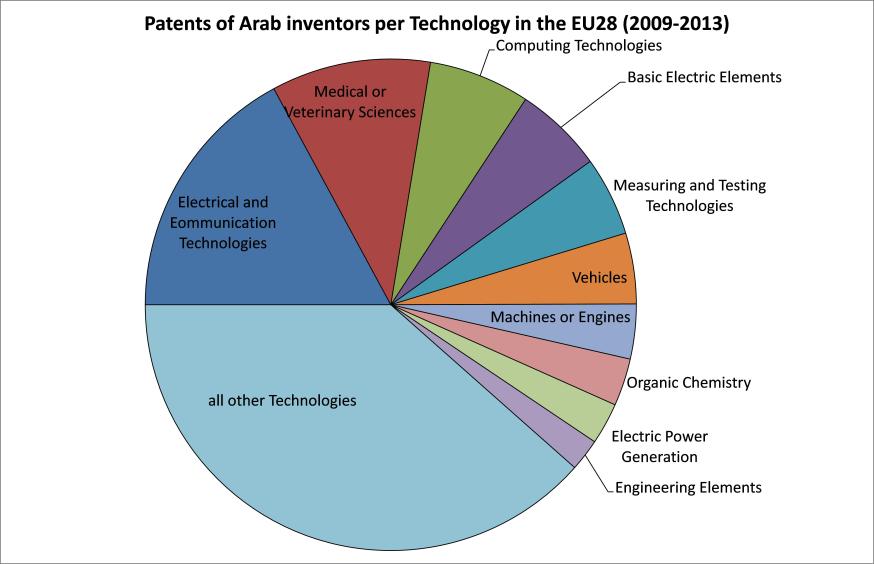
_____________________
AMERICAN / ARAB
